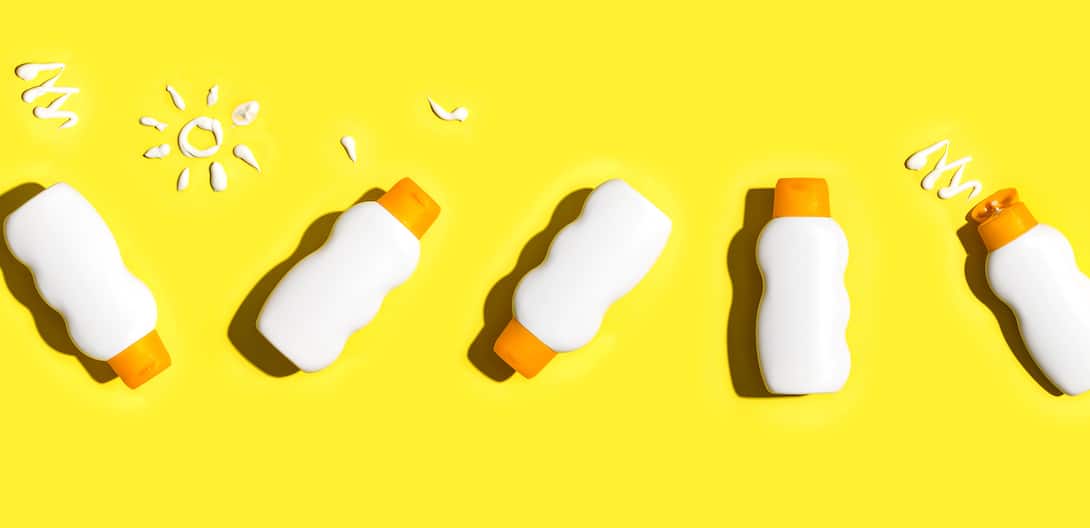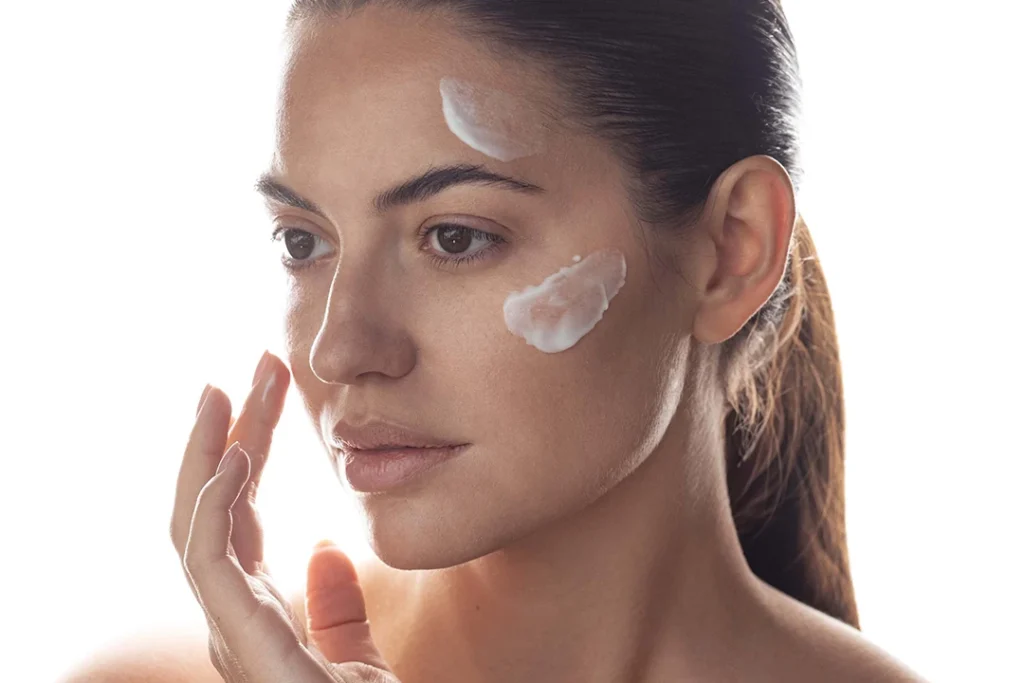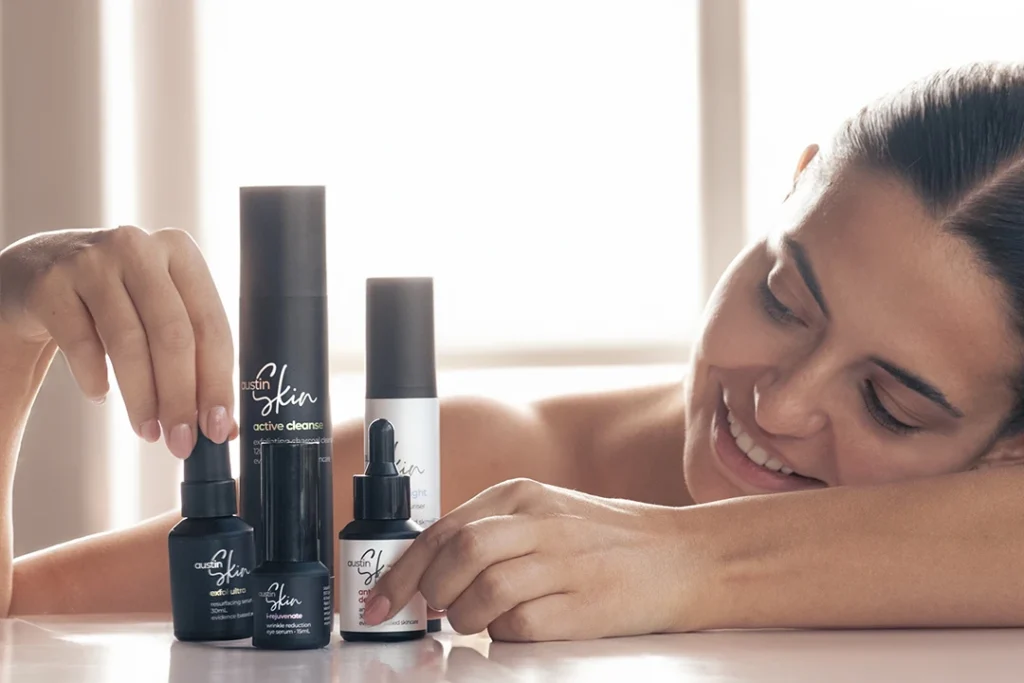Thanks TGA for Making Sunscreen Choices Clearer
Among everything else it does, the TGA regulates some sunscreens as therapeutic goods in Australia. Only ingredients that receive TGA approval for safe use can be included in sunscreens. More importantly, the TGA “requires the efficacy of each sunscreen product to be tested to determine the sun protection factor (SPF), which is printed on the label,” says their website.
Mineral vs Chemical Sunscreens
Sunscreens that are mineral-based and chemical-based are both effective. The one you choose is a matter of personal preference. There are some major differences, however, that may influence that choice:
- Mineral Sunscreens – Mineral sunscreens are not absorbed into the skin. Rather, they sit on top of it creating a barrier to block and reflect harmful rays. They include natural mineral ingredients such as zinc oxide and titanium dioxide. Many improvements have been made in mineral sunscreens, so you needn’t worry that your white face will spawn a million memes like this photo of Mark Zuckerberg.
- Chemical Sunscreens – Unlike their mineral cousins, chemical sunscreens sink into the skin. From there, their chemical components absorb UV rays and render them less damaging. “They are generally less expensive but are more likely to trigger skin sensitivities and breakouts,” observes Dr Austin. If you have sensitive skin, it may be wise to use a mineral-based sunscreen on your face and a chemical-based sunscreen on the hardier skin of your body.
There can also be too much of a good thing. It’s important to understand how frequently you need to re-apply sunscreen. The major drawback of a high SPF is the false sense of security it brings. Unless it’s applied diligently, even the modest extra protection it offers is lost.
Best Sunscreens for Oily or Acne-Prone Skin
No-one should have to choose between getting a sunburn and having an acne breakout. Mineral sunscreens can clog pores, and chemical sunscreens can irritate vulnerable skin cells. If your skin tends to be oily, look for:
- Non-comedogenic (formulated to keep from clogging pores)
- Oil-free
- Fragrance-free
Best Sunscreens for Dry Skin
For people with dry skin, time spent in the dehydrating sun can be particularly challenging. “Choose sunscreens with ingredients such as ceramides and hyaluronic acid,” recommends Dr Austin. “They have the ability to soften and soothe aggravated dry skin.” Look for ingredients such as:
- Lanolin
- Glycerine
- Aloe
Best Sunscreens for Sensitive Skin
Sensitive skin is a problem for more than 50% of women and 40% of men. In general, sensitive skin is less tolerant of frequent and prolonged use of cosmetics and toiletries, including sunscreen. That’s why instead of pleasant ooh’s and aah’s when applying sunscreen, people with sensitive skin may yelp with discomfort. Chemical UV blockers, in particular, can trigger unpleasant reactions including burning, stinging, redness, and irritation. The American College of Allergy, Asthma and Immunology has found these chemical ingredients to be the most common culprits:
- Oxybenzone
- Diphenylmethanes
- Cinnamates
- Benzophenones
Dr Austin reminds patients with sensitive skin to be especially mindful of hybrid sunscreens. “These formulations contain both chemical and mineral ingredients,” she says. This does not make them any less effective however some people with sensitive skin may react more to these types of sunscreens.
Let Austin Clinic Keep Your Skin in the Pink, Not the Red
Austin Clinic wants you (and your skin) to have the best summer, spring, autumn, and winter, too. Daily sun protection is an important part of the equation. We can help you do it right by:
- Assessing your skin type
- Identifying ingredients and formulations best suited to your skin’s needs
- Offering you a wide range of options in our carefully curated online store




